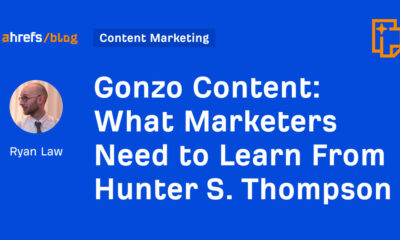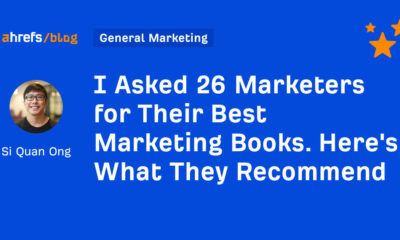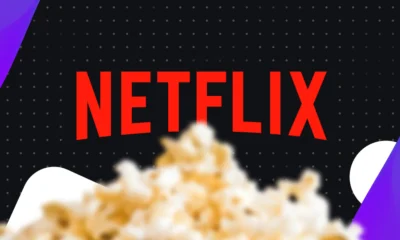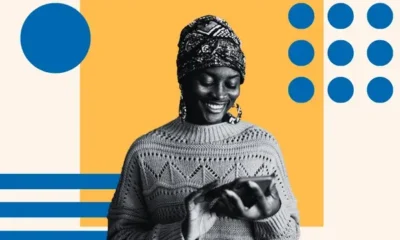MARKETING
Why marketers have a love-hate relationship with complexity
Henk-jan ter Brugge is director, global digital marketing and e-commerce for consumer- and healthcare-tech giant Philips in Amsterdam. We caught up with him about his experience with marketing and technology.
So how did you wind up in marketing? What brought you to where you are today?
I didn’t specifically study marketing, but I see people of all backgrounds and trades in marketing nowadays. So, I’m not a classical marketeer as a lot of graduates think of it.
I started at a startup, but seven years ago I started working for Philips and I started in the global digital team. Then I worked for six months in the Chinese market in Shanghai. Then I worked in new business development. So, really to sell a solution of Philips in the market. And that’s basically where my interest started for digital marketing and everything around it.

What happened?
I saw I couldn’t do my job as I wanted to do. I wanted to make a simple website. [I couldn’t] partly because I was relatively young starting in the big company. I just didn’t know how the company worked, right? But partly the ways [to do that] were not yet in place at that time, but that has improved significantly as they say.
[After that] I moved back to the global digital marketing commerce team. And I really got a love for the backbone of marketing. It has been a good choice so far. I get a lot of energy from it … I love the newness. I love the complexity, which is something you like but also hate.
Why is that?
With a lot of big companies, they almost show off with all the technology they have and I don’t think it’s something per se to show off with. Less technology can be better, depending on whether you take it from a global or local market perspective.
Complexity means a lot and it means nothing. It’s making sense of that complexity that matters. Getting understanding from the data you have, getting the right teams behind it, letting teams understand the value of the technology. Doing that means not putting technology first, but putting the use case first, what you deliver with it.
Get the daily newsletter digital marketers rely on.
By managing that complexity you learn about the complete marketing chain. And now it’s not only marketing anymore. It’s marketing with e-commerce, and e-commerce becomes the sales channel, right? It’s change management. It’s education. It’s working with the IT teams, with the whole organization basically. And you’re the spider in the web and that’s the beauty of the job I have.
[It’s] managing that complexity by bringing IT or tech closer to the business and vice versa, where they can immensely impact each other. Getting more people on board with how technology can help in all that. But also the understanding of having the right people, the right ways of working, of really getting that enterprise mindset.
Is there something that you can’t do that you wish you could?
Often what you see, especially in the big corporations, is that you don’t have all the information. and there are some functions that have a bit more information than others. Because of that, sometimes you have a meeting, you talk different languages. You think you understand each other, but you don’t. I wish that was something we could connect in the company to make sure that everybody talks the same language.
Read next: Data and confused: The increasing complexity of digital ad targeting




















You must be logged in to post a comment Login